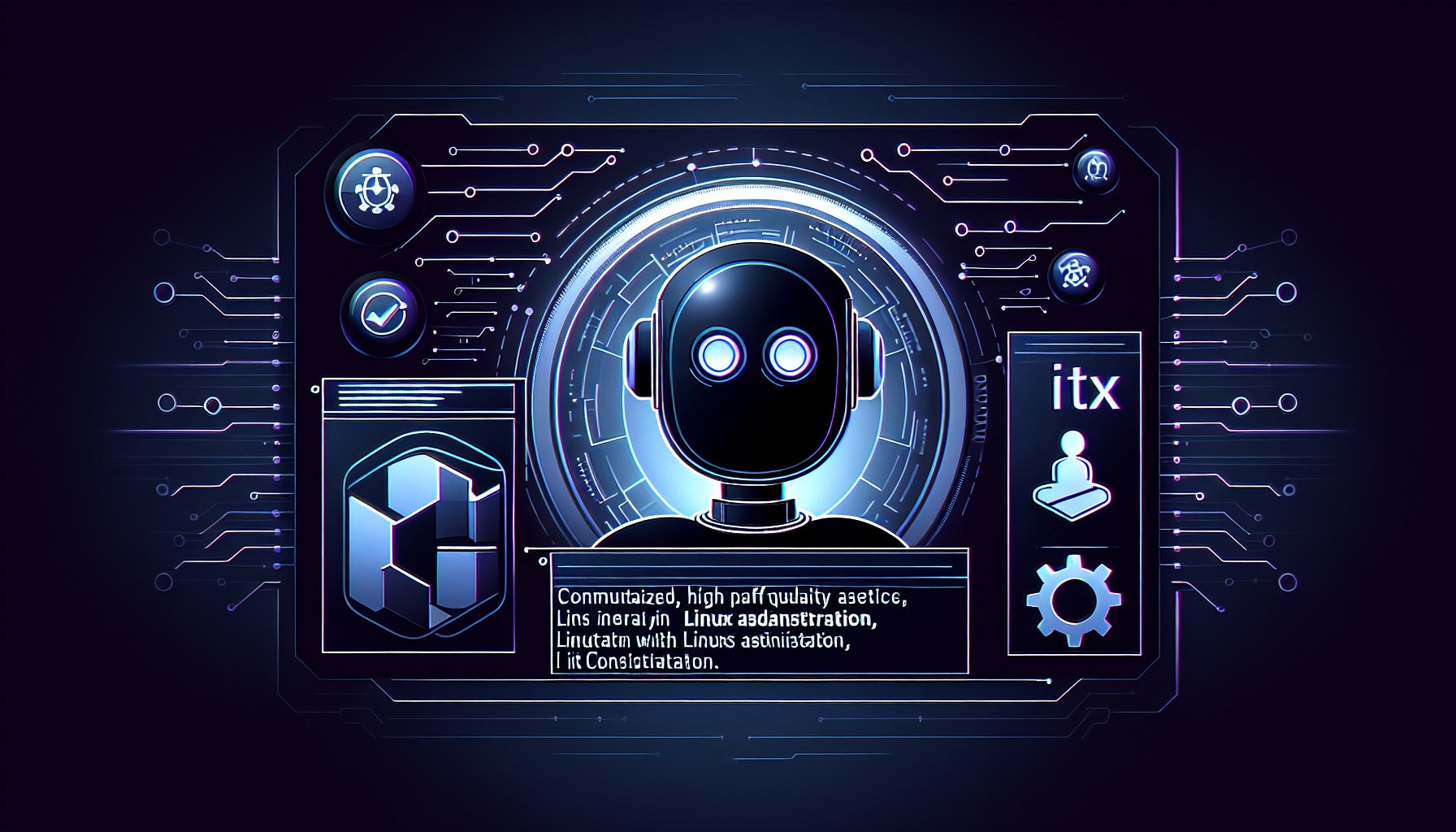Introduction
In the dynamic landscape of IT development, Linux has remained the cornerstone of enterprise servers and cloud infrastructure. This post dives into the innovative approaches and tools that have redefined Linux administration in 2025, helping you stay ahead of the curve.
Embrace Automation with Ansible
As the scale of IT infrastructure grows, manual administration becomes increasingly untenable. Ansible, a powerful open-source automation tool, is now a staple in modern Linux administration. With its declarative language, you can automate configuration management, application deployment, and task automation, ensuring consistency and reliability across your infrastructure.
Containerization with Docker and Kubernetes
In an era where application isolation and portability are key, containerization has become the norm. Docker allows you to package an application and its dependencies into a standalone container. Kubernetes, the de facto orchestration platform, manages these containers, handling deployment, scaling, and management with ease. Incorporating these technologies into your Linux administration practices will significantly enhance your infrastructure's flexibility and scalability.
Example: Deploying an application with Docker and Kubernetes
# Dockerfile
FROM node:14
WORKDIR /app
COPY package.json ./
RUN npm install
COPY . .
CMD ["node", "index.js"]
# Build and push Docker image
docker build -t my-app:1.0 .
docker push my-app:1.0
# Kubernetes deployment
apiVersion: apps/v1
kind: Deployment
metadata:
name: my-app
spec:
replicas: 3
selector:
matchLabels:
app: my-app
template:
metadata:
labels:
app: my-app
spec:
containers:
- name: my-app
image: my-app:1.0
ports:
- containerPort: 8080
Cloud Computing
Cloud computing has revolutionized how we think about IT infrastructure. Linux administrators can leverage cloud platforms like AWS, Google Cloud, and Azure, to deploy, scale, and manage their applications and services. Understanding cloud-native services and mastering cloud-based Linux administration is essential for the modern Linux administrator.
DevOps Practices
DevOps, a methodology that integrates software development (Dev) and IT operations (Ops), is now a must-have skill for Linux administrators. By adopting DevOps practices like continuous integration/continuous deployment (CI/CD), infrastructure as code (IaC), and monitoring & logging, you can build more efficient, resilient, and fast-delivery systems.
Conclusion
As we look towards the future, it's clear that Linux administration has evolved far beyond managing standalone servers. Modern Linux administrators must be proficient in automation, containerization, cloud computing, and DevOps practices. By embracing these cutting-edge tools and methodologies, you can ensure that your skills remain relevant and in-demand in the ever-evolving IT landscape.
